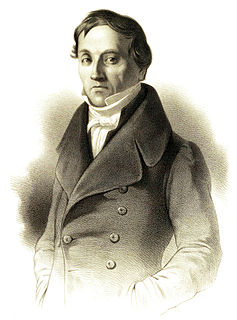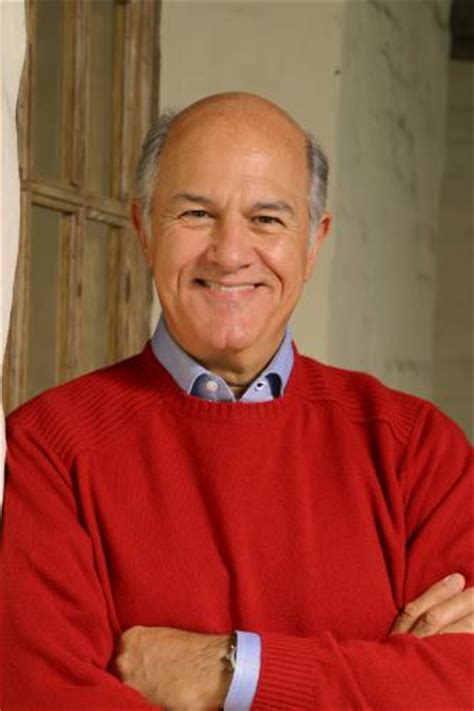A Quote by Rem Koolhaas
Why I talked about political correctness: the colonial is now such a major taboo that any achievement of the colonial period, or any generosity implied in colonialism, is again fundamentally neglected or fundamentally not recognised. That's crazy, because history is a series of layers, and you cannot say, "This layer I support and this layer I cancel." History is history and you cannot retrospectively manipulate it.
Related Quotes
The distinguishing of the strata, or layers, in the embryonic membrane was a turning-point in the study of the history of evolution, and placed later researches in their proper light. A division of the (disc-shaped) embryo into an animal and a plastic part first takes place. In the lower part (the plastic or vegetative layer) are a serous and a vascular layer, each of peculiar organization. In the upper part also (the animal or serous germ-layer) two layers are clearly distinguishable, a flesh-layer and a skin-layer. (1828)
As a novelist, I cannot occupy myself with "characters," or at any rate central ones, who lack panache, in one or another sense, who would be incapable of a major action or a major passion, or who have not a touch of the ambiguity, the ultimate unaccountability, the enlarging mistiness of persons "in history." History, as more austerely I now know it, is not romantic. But I am.
There's this long history of colonialism and the colonial gaze when applied to matters related to China. So a lot of conceptions about China in literary representations in the West are things you can't even fight against because they've been there so long that they've become part of the Western imagination of China.
Based on the considerations of history, ancient history, and international axioms, the logic of following up a citizen with his shadow for the purpose of the demarcation of political frontiers of any state has been discounted for international conventions. For example the Arabs cannot ask Spain just because they were there some time in the past nor can they ask for any other area outside the frontiers of the Arab homeland
All the martyrs in the history of the world are not sufficient to establish the correctness of an opinion. Martyrdom, as a rule, establishes the sincerity of the martyr, - never the correctness of his thought. Things are true or false in themselves. Truth cannot be affected by opinions; it cannot be changed, established, or affected by martyrdom. An error cannot be believed sincerely enough to make it a truth.







































